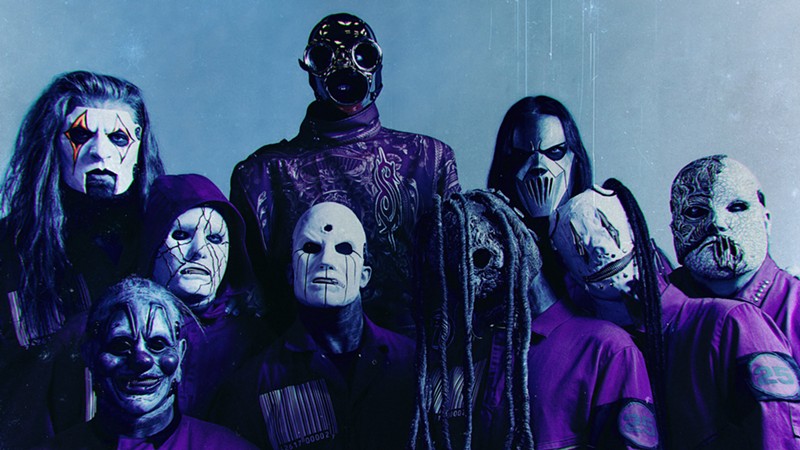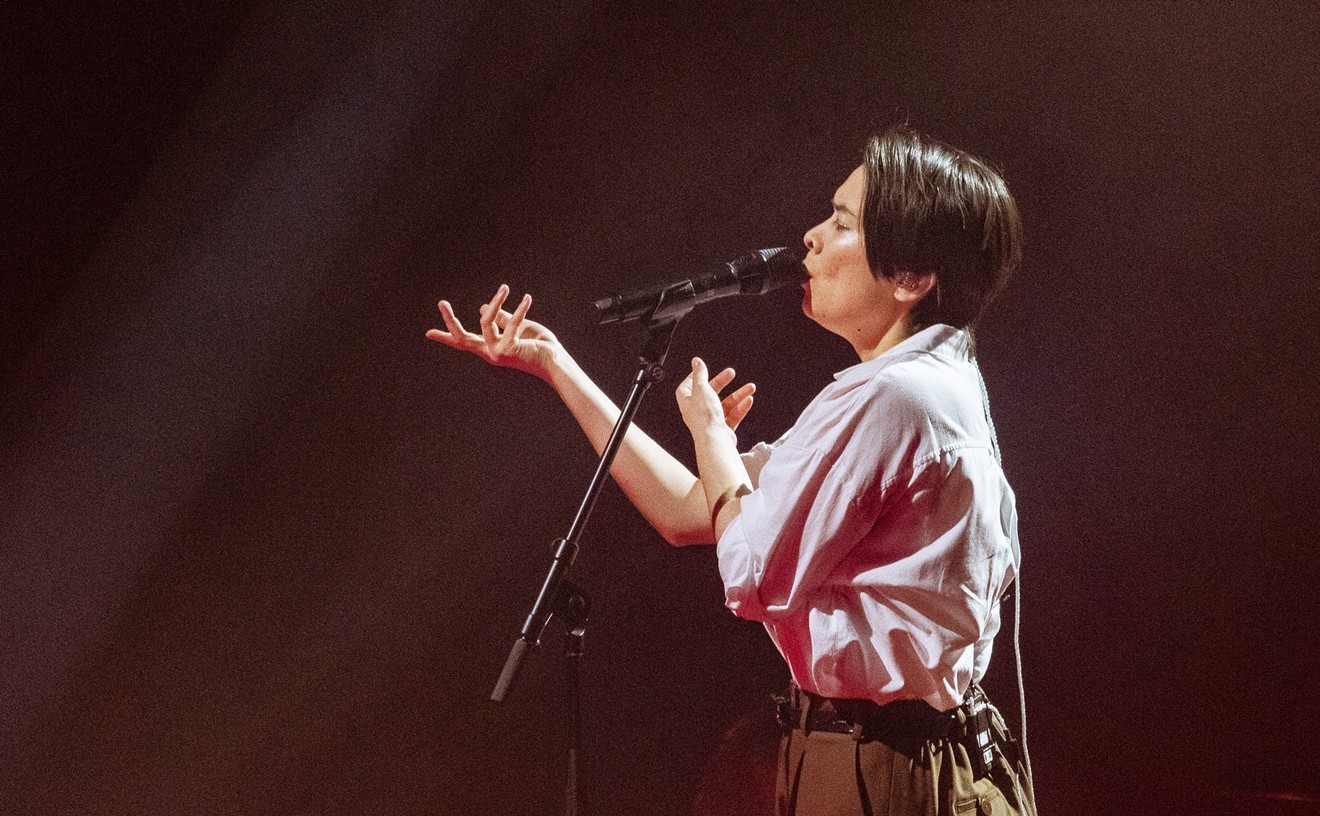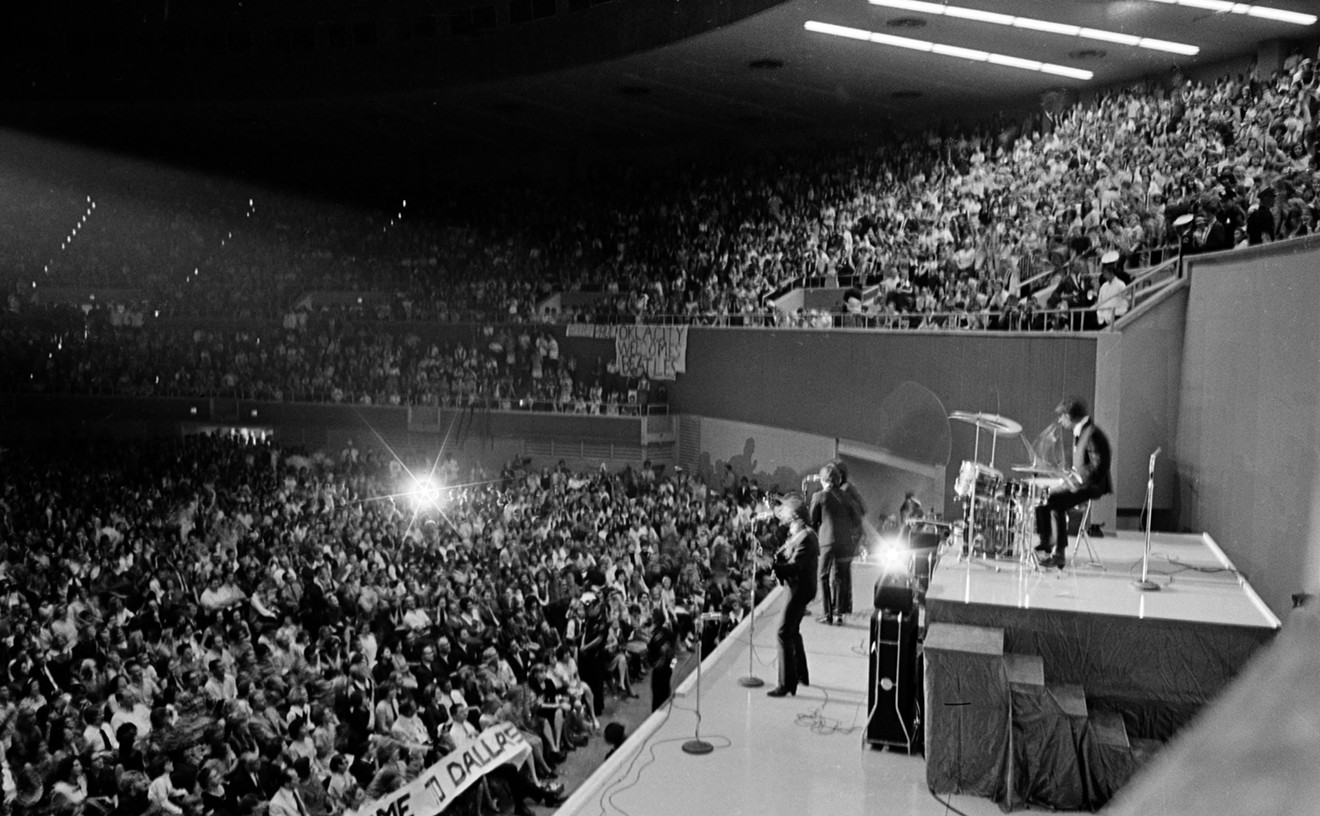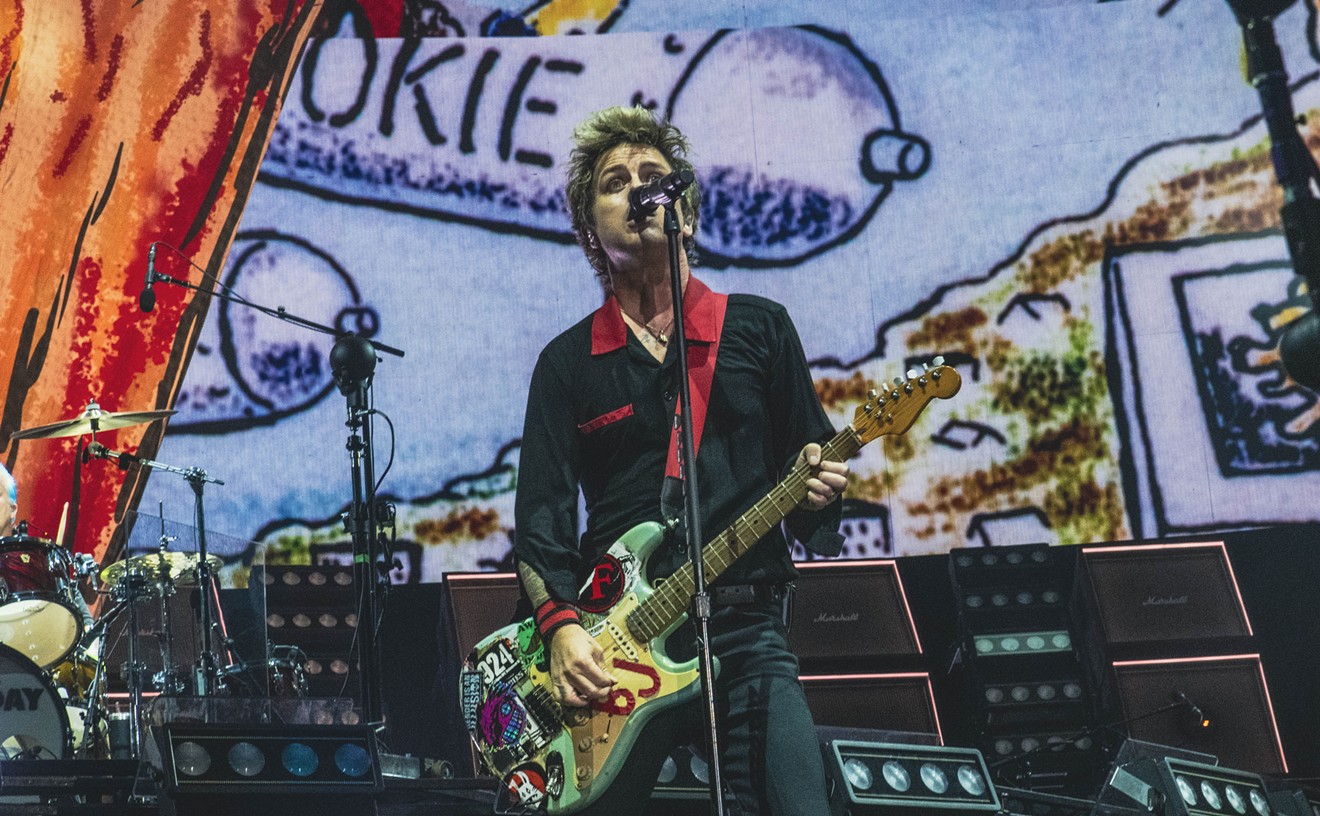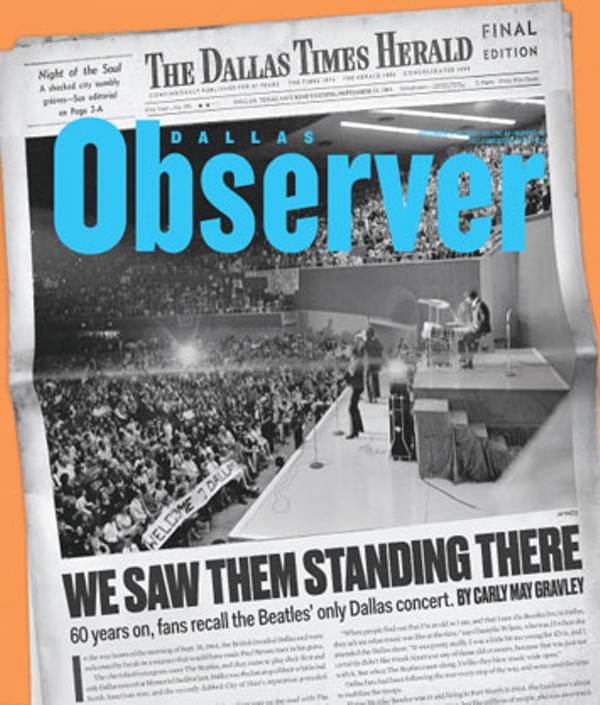The building, now known as Lefty’s Live Music, has quite the illustrious history as a watering hole and music venue in Des Moines, Iowa, having previously operated under names such as Hairy Mary’s. But when Crahan smoked cigarettes and saw jazz drummers showcase their technical prowess from the comfort of the stage, he did it all through the discomfort of the outside.
Eventually, the property would become the Safari Club, and as true Slipknot fans are aware, this is where it all started for the band.
“When Slipknot first got started, and we wanted to have our first official show, I wanted to make sure we were going to play somewhere different than the normal spots that bands like us (…) have played and try to make a new scene,” Crahan says.
And so he made some phone calls and talked owner Tony Trimmel into giving the burgeoning metal band a Thursday show. Predictably, the opportunities to play weekenders came quite naturally, especially considering the meticulous planning that Crahan put into each show.
“Every time we played there, I asked if I could come in and clean the stage, take the staples out, the tape that other bands [used]… just make it more Slipknot,” he says, ahead of Slipknot's Dallas show this week. “One day, he had to meet me there at 9, and he was, I don’t know, maybe just hungover or tired or whatever, but he was like, ‘Why don’t you just buy it?’”
Thanks to a loan from Crahan’s father, that is exactly what he did.
“We needed a place to play, because a lot of places are having difficulty accepting us, meaning they didn’t know where we were going to be in our headspace," Crahan says. "Maybe tonight would be a chill show, maybe tonight is not a chill show — I don’t know, but this is what everybody thought.
“I bought the bar so we had a chance.”
It was at these stomping grounds where Corey Taylor, who was then known for his work in the band Stone Sour, played his first show in August 1997 as Slipknot’s new and now permanent vocalist.
On Aug. 25, 2017, almost exactly 20 years after the show, a user on YouTube uploaded the entire 45-minute set, which has since amassed over 1 million hits. The show was a matter of legend among Slipknot fans, and preservation of the video was of historical significance.
“The younger me, the personal goal-setter me, the [me] who [has] something to say would have a problem with that [video going viral],” Crahan says. “But now that I’ve researched my mind through humanity and the vibration of music and sound, I’ve wound up in a pretty spiritual place of my own, and here’s where it is, man: that stuff is the truth.”
Clowning Around
When Slipknot made their network television debut on Late Night with Conan O’Brien in 2000, it was as if GG Allin had appeared on The Dick Cavett Show. O’Brien would later recall in his 2023 podcast interview with Patton Oswalt that the band's intimidating sound and stage presence made quite an impression on him: When the cameras quit rolling and bandleader Max Weinberg played them off into the commercial break, the band members approached the famed talk show host and expressed their gratitude in a comparatively gentle way. O’Brien seemed particularly fascinated with this tonal contrast.“It is ridiculously difficult to get a band like Slipknot on Conan, and it happened,” Crahan says. “And the fact that it even happened is a remarkable victory.”
In 2001, the band returned to promote their sophomore album Iowa, for which they played “The Heretic Anthem” (quite a pearl-clutch-worthy song compared with the last one they played, “Wait and Bleed”). It was then that the menacing quality of the band’s sound and image gave the show’s writers an idea for a comedy bit: What if a talent booking mishap placed one of the heaviest and most frightening bands of all time in the same programming as the corniest, most démodé band of all time?
And so the Slipnutz was born.
The slapstick trio — played by comedy writers Jon Glaser, Brian Stack and Andy Blitz — dressed as vaudevillians and leaned into one joke, and one joke only: slipping on nuts.
“We’re the Slipnutz, slipping on nuts / Clowning around, and slipping on nuts / We’re the Slipnutz, slipping on nuts / Look, he fell down,” the band would sing a capella. By the time they get to this particular point in the song, Stack and Blitz throw a bag of peanuts onto the ground, which Glaser slips on. At this juncture, Glaser closes out with a resigned-but-still-chipper tone: “I slipped on some nuts.”
The joke since evolved into a Slipnutz tribute album, in which acts such as Coldplay and Patti Smith recorded their own version of that same song, but the culmination of this surrealist anti-comedy routine happened on March 6, 2005, when the Slipnutz actually got to open for Slipknot at the Continental Airlines Arena in East Rutherford, New Jersey. The resulting set was Neil Hamburger-esque in the way it instantly alienated and angered the crowd. As a voice in the PA announced, “It’s the Slipnutz,” the crowd cheered, presumably thinking it had said “Slipknot.” The crowd’s applause and enthusiasm instantly dissipated and faces reflected disbelief when the three vaudevillians ran to the stage and engaged in their 15-second physical comedy routine. By the time it was done, the audience was booing, flipping them off and throwing objects at the Slipnutz.
“I was watching that, and I realized that one of the guys in that skit, he’s pretty big now on his own,” Crahan says. “Now I watch all that stuff and I laugh and I see the humor in it that they had then, but that wasn’t a laughing matter to myself. I wasn’t willing to laugh at myself or anybody in the band. We weren’t ready to be the butt-end of jokes.”
The Push That Makes Your Kids Move
Between the Safari Club video and the Slipnutz, Crahan makes it clear that in his youth, there were certain things with which he would have taken umbrage or from which he would've otherwise inferred disrespect. After all, Slipknot has always been a manifestation of his evolving artistic vision, and that’s a serious thing to him (and, in fact, to thousands of devoted fans).But between appreciating the historical significance of the Safari Club video, notwithstanding the makeup mishap and laughing at a joke where his band was collateral to the punchline, Crahan exhibits considerable acceptance and gratitude for it all.
It is the unabridged history that he lovingly calls “the truth,” and it’s a truth that continues to emanate. The past, present and future of this “truth” are especially intertwined in Slipknot’s ongoing tour with Knocked Loose and Vended, which makes its way through Dos Equis Pavilion on Wednesday, Sept. 18. For this tour, they have been playing their self-titled debut album in its entirety in celebration of its 25-year anniversary.
Crahan is still proud of it.
“I was listening to the song ‘Surfacing’ the other night, and I was like, ‘This shit is so unique.’ God, I’m just so proud to be a part of it,” he says.
Elaborating on his present-sense impression of the music, he adds: “This band is going to plow through your house with no excuses and no apologies — we’re going to take your kids with us, they’re going to be our family now.”
Slipknot plays on Wednesday, Sept. 18, at Dos Equis Pavilion, 1818 First Ave., with Knocked Loose and Vended.

